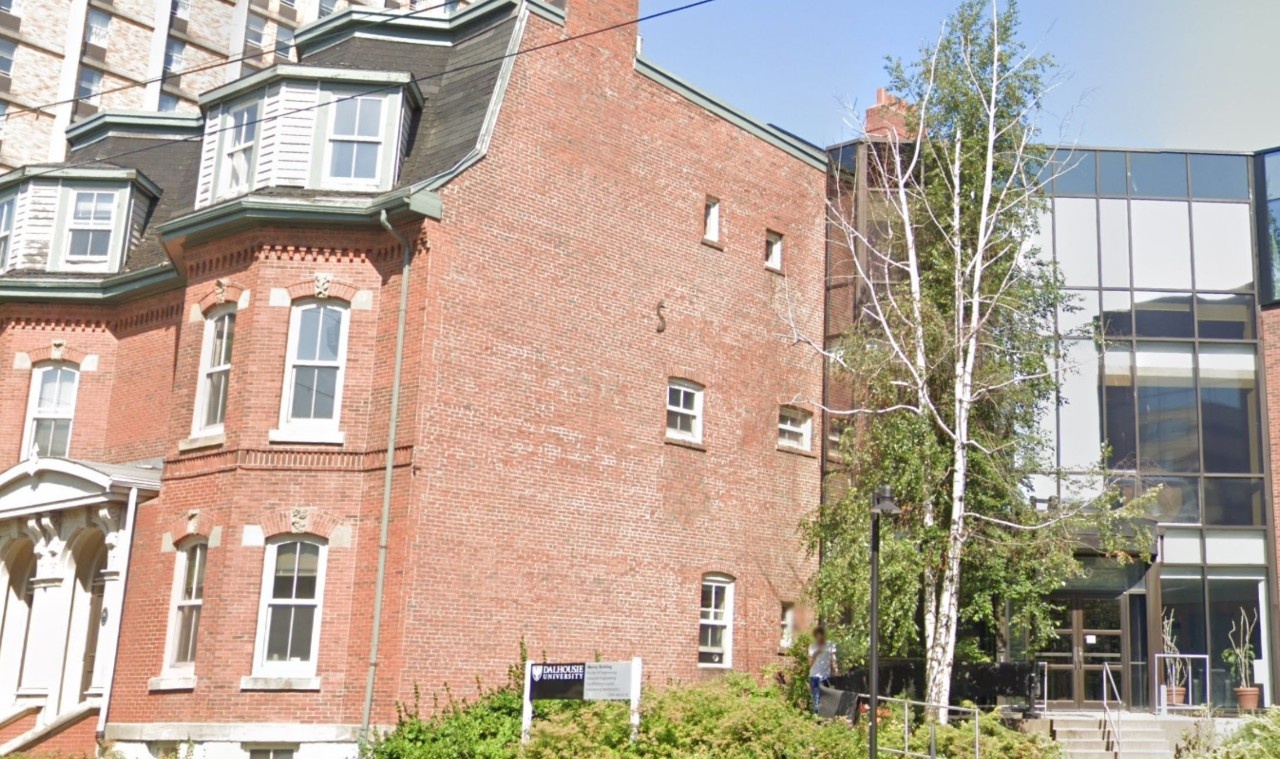Dr. Noreen Kamal, PhD, PEng
Atlantic Canada Together Enhancing Acute Stroke Treatment (ACTEAST): Stepped-Wedge Cluster Trial ResultsÂ
±«Óătv University
Date:Â November 20, 2024
Time:Â 11:00 AM
Venue: "I" Building, Room 121, Sexton Campus
Online:
   Meeting ID: 270 585 582 620
    Passcode: fRmtSG
Abstract:
Background: An evidence-to-practice gap exists in acute ischemic stroke treatment, and improvements in access and efficiency of treatment with iv thrombolysis and endovascular thrombectomy (EVT) is needed. The objective of this study was to improve access and efficiency of ischemic stroke treatment across four Atlantic Canadian Provinces.
Methods: A stepped-wedge cluster trial was conducted over 30 months with 3 clusters covering 34 hospitals. The trial was conducted across all 4 Atlantic Canadian provinces: Nova Scotia (NS), New Brunswick (NB), Prince Edward Island (PE), and Newfoundland and Labrador (NL). The design was quasi-randomized, with each cluster associated with one or more provinces: cluster 1 – NS; cluster 2 – NB and PE; and cluster 3 – NL. The patient population was all ischemic stroke patients across all 4 provinces. The intervention was a 6-month modified Quality Improvement Collaborative (mQIC), which was modified from the Breakthrough Series Collaborative to be half of the 1-year period and conducted virtually. The intervention consisted of assembling an interdisciplinary improvement team, 2 full-day workshops, webinars, and virtual site visits. Suggested changes included 6 process improvement strategies.
Results: The proportion of patients that received treatment did not increase significantly with the intervention [0.4% increase for patients that received thrombolysis and/or EVT (p=0.68)]. Median door-to-needle time was reduced by 9.2 minutes with the intervention (p=0.01). Cluster 3 saw the greatest improvements in both access and efficiency.
Conclusions: A mQIC intervention resulted in improvement of process measures like door-to-needle time. Quality improvement initiatives may need to be longer to see improvements in proportion of patients treated. Tailored interventions for each health system can ensure that each system sees improvement. In-person activities might be critical to ensure fidelity of the intervention.
Speaker Biography:
Dr. Noreen Kamal, P.Eng., is an Associate Professor in the Department of Industrial Engineering at ±«Óătv University. She is an international leader in acute stroke processes and optimization of treatment times. She has worked to improve stroke systems in BC and Alberta, where she has significantly improved treatment times for acute stroke patients across the entire province of Alberta. She worked with experts and hospital teams to reduce treatment times to 36 minutes from 68 minutes. She has received over $7 million in funding as Principal Investigator or Co-Principal Investigator from national agencies including CIHR, NSERC, and Mitacs.
Industrial Engineering seminar series contact person:
Prof. Hamid Afshari
email: Hamid.Afshari@dal.ca
General Enquiry:
Ms. Susan Russell McGrath
Tel: 902.494.3125
email: iegrad@dal.ca
